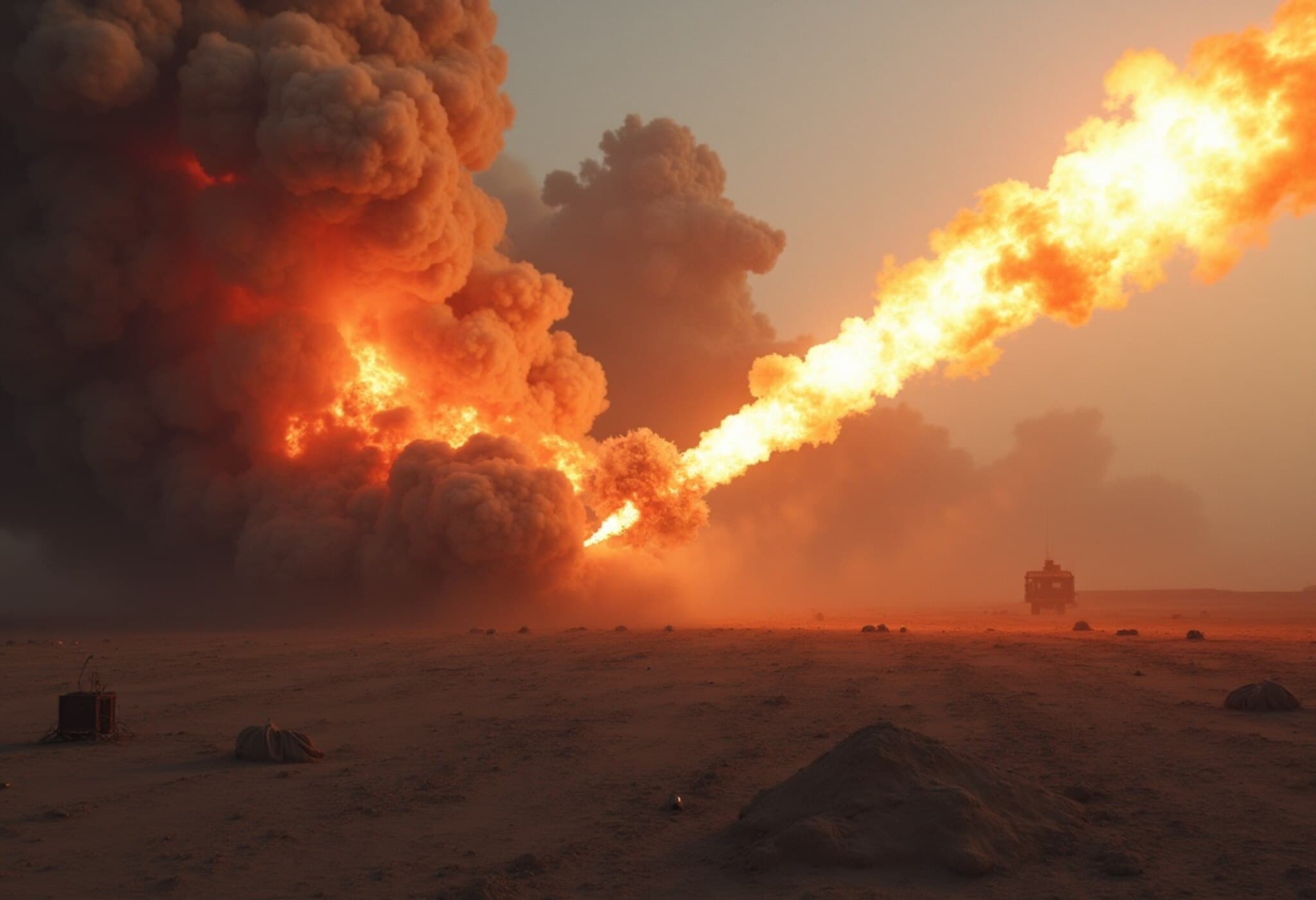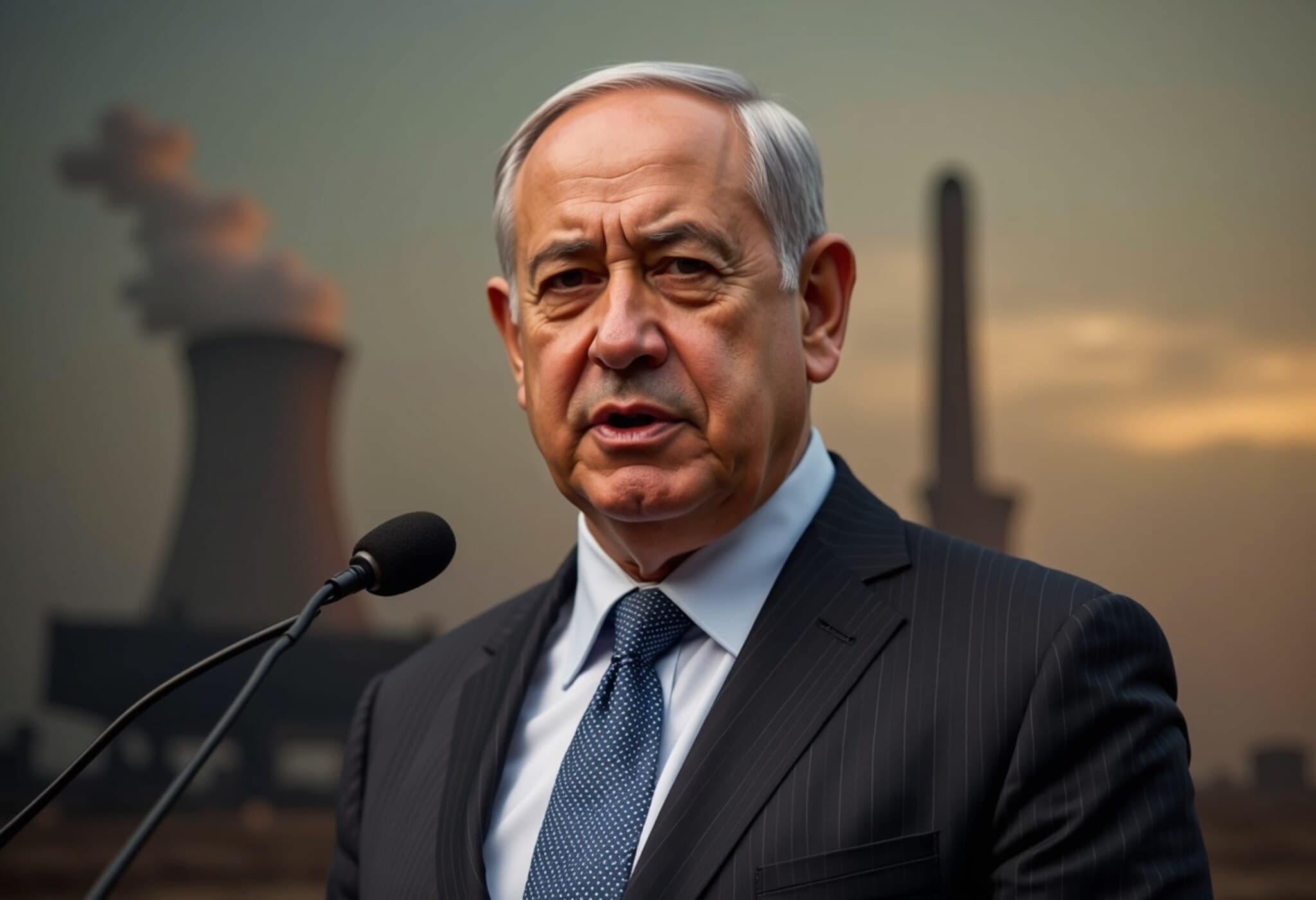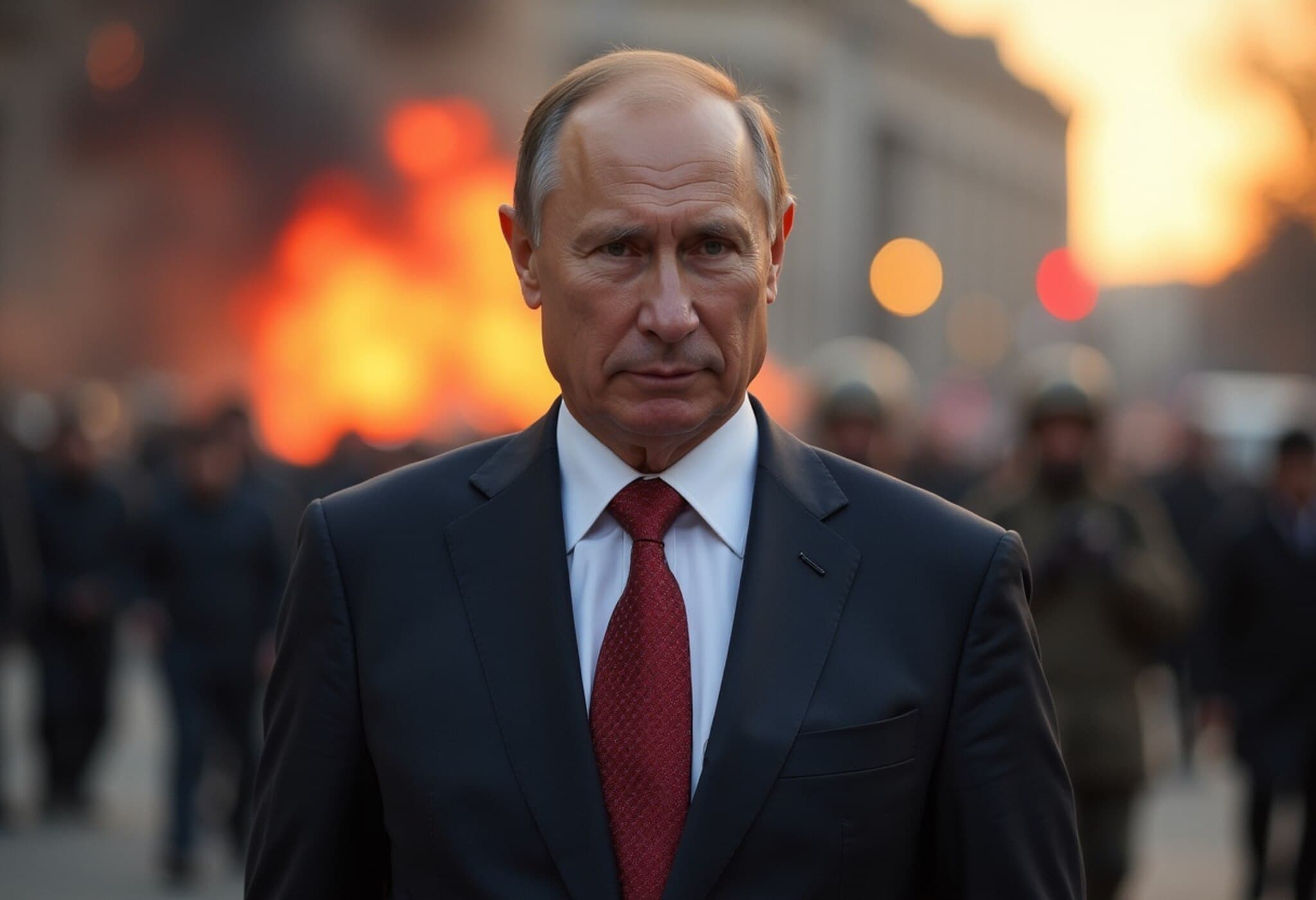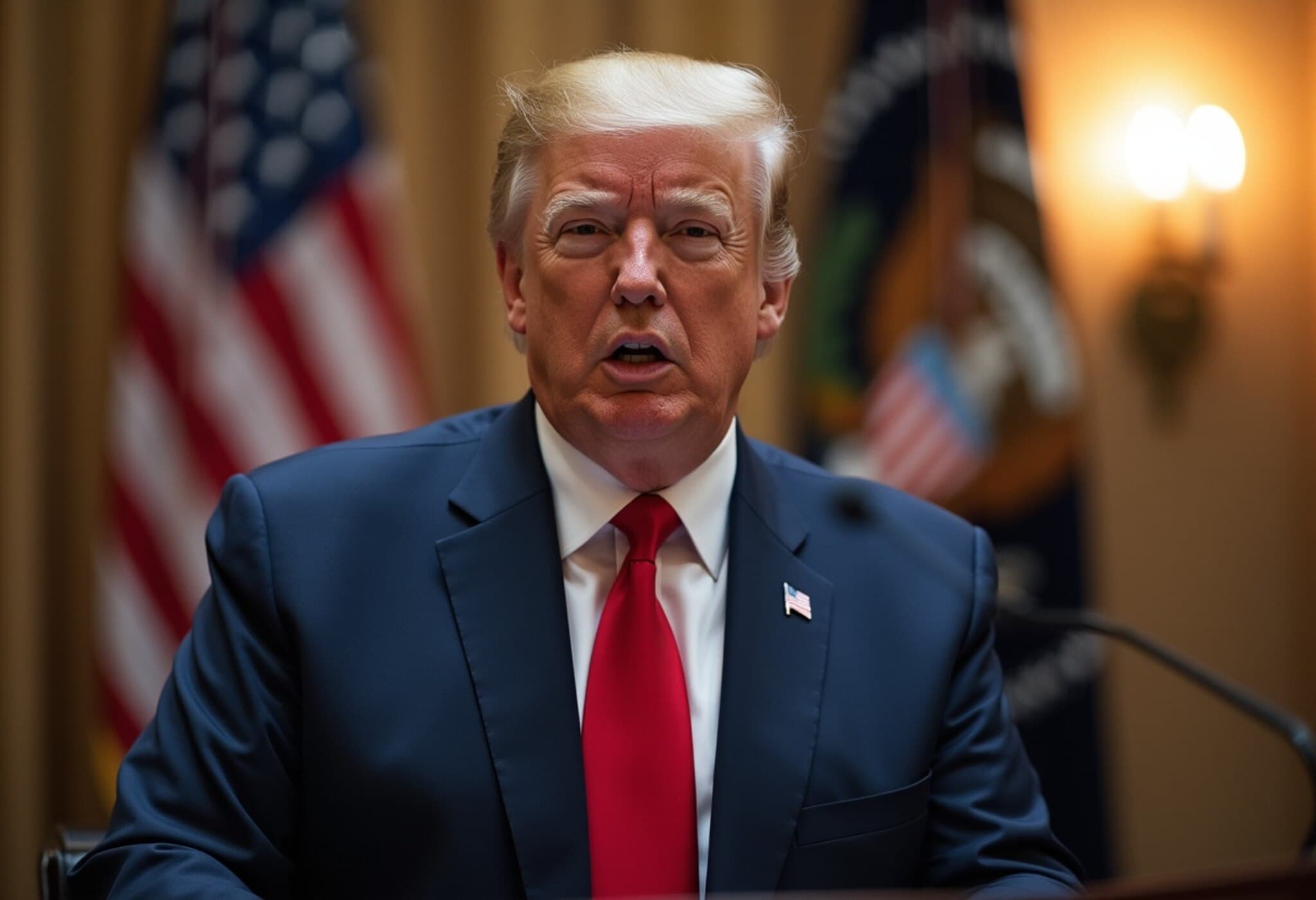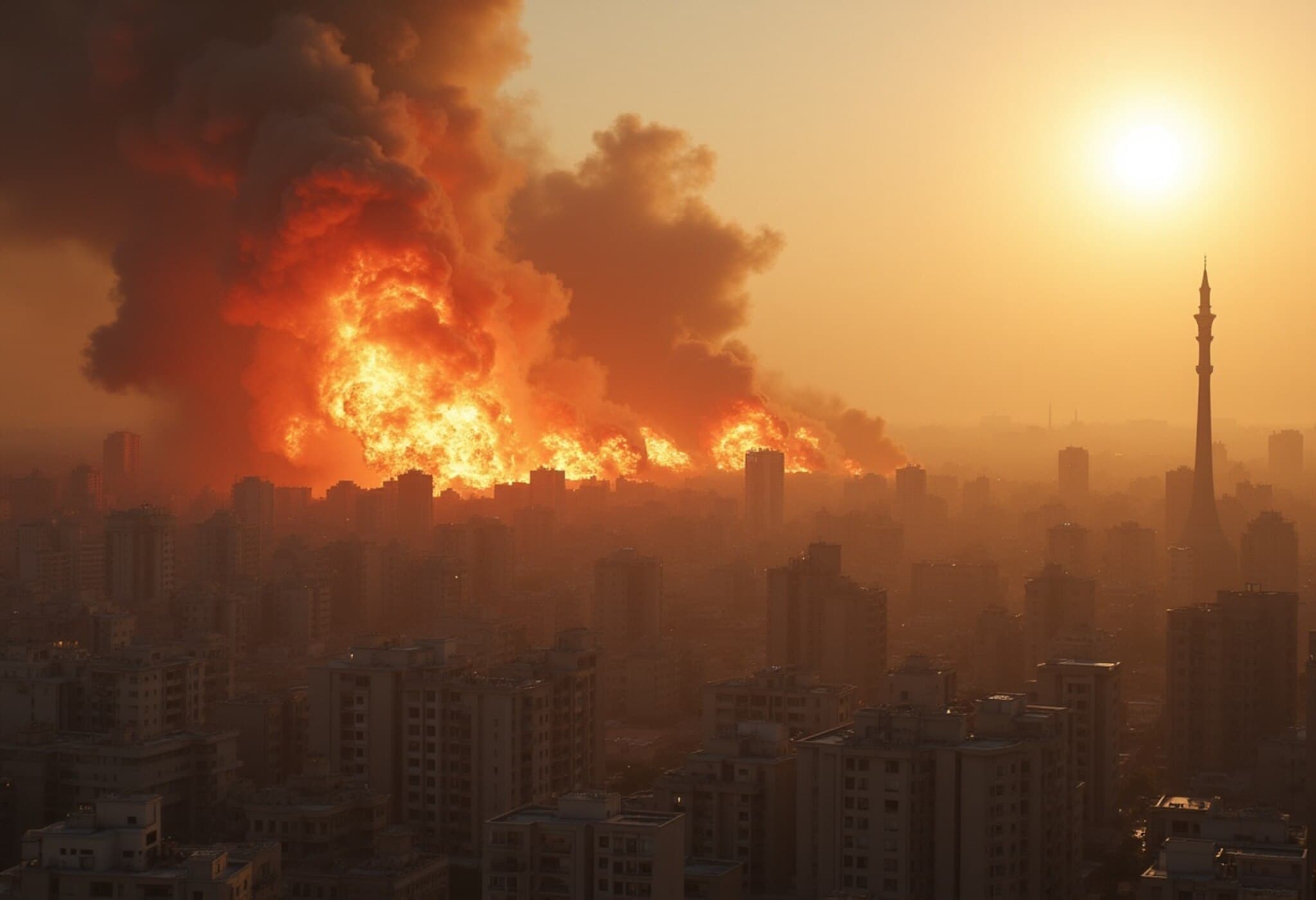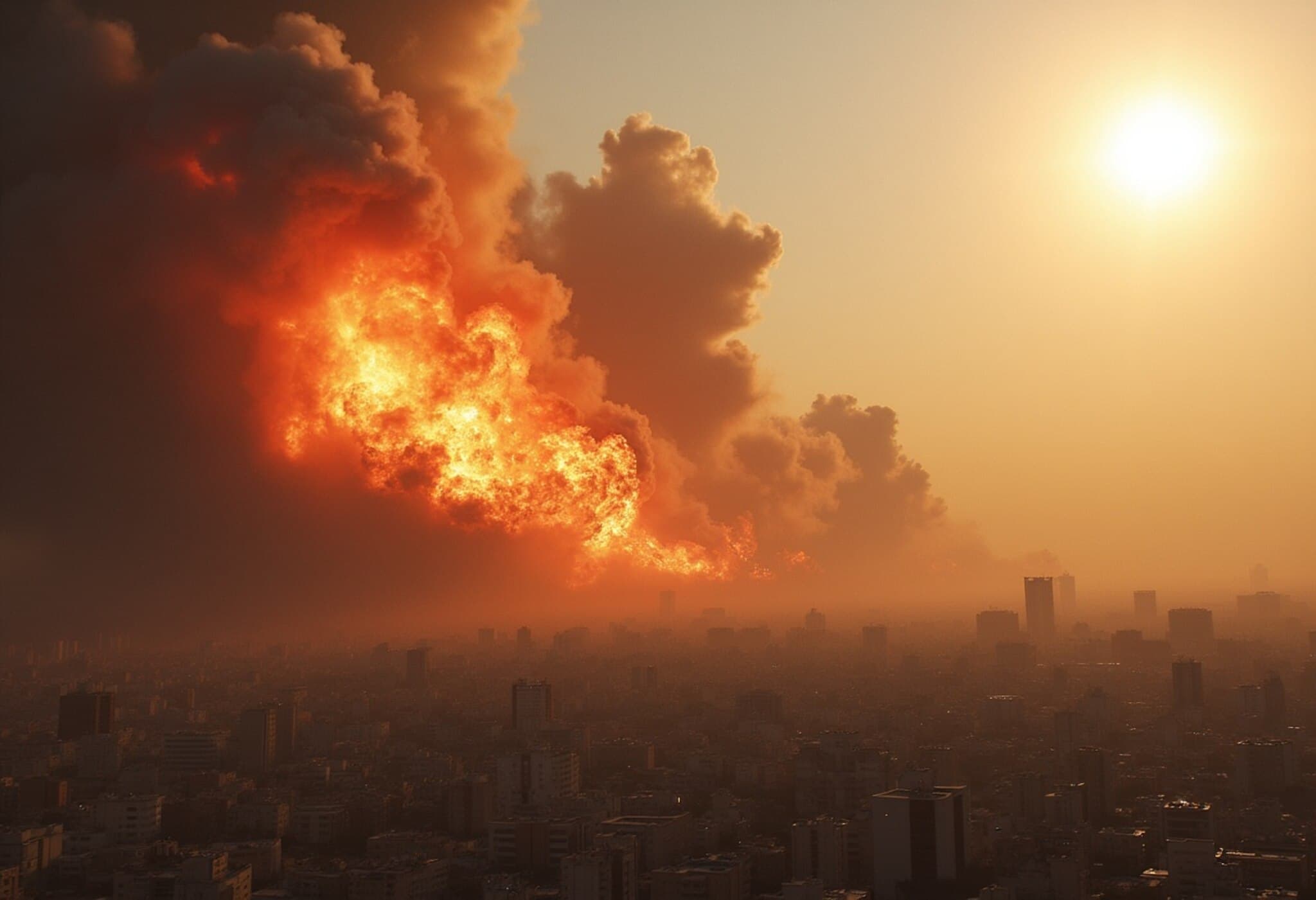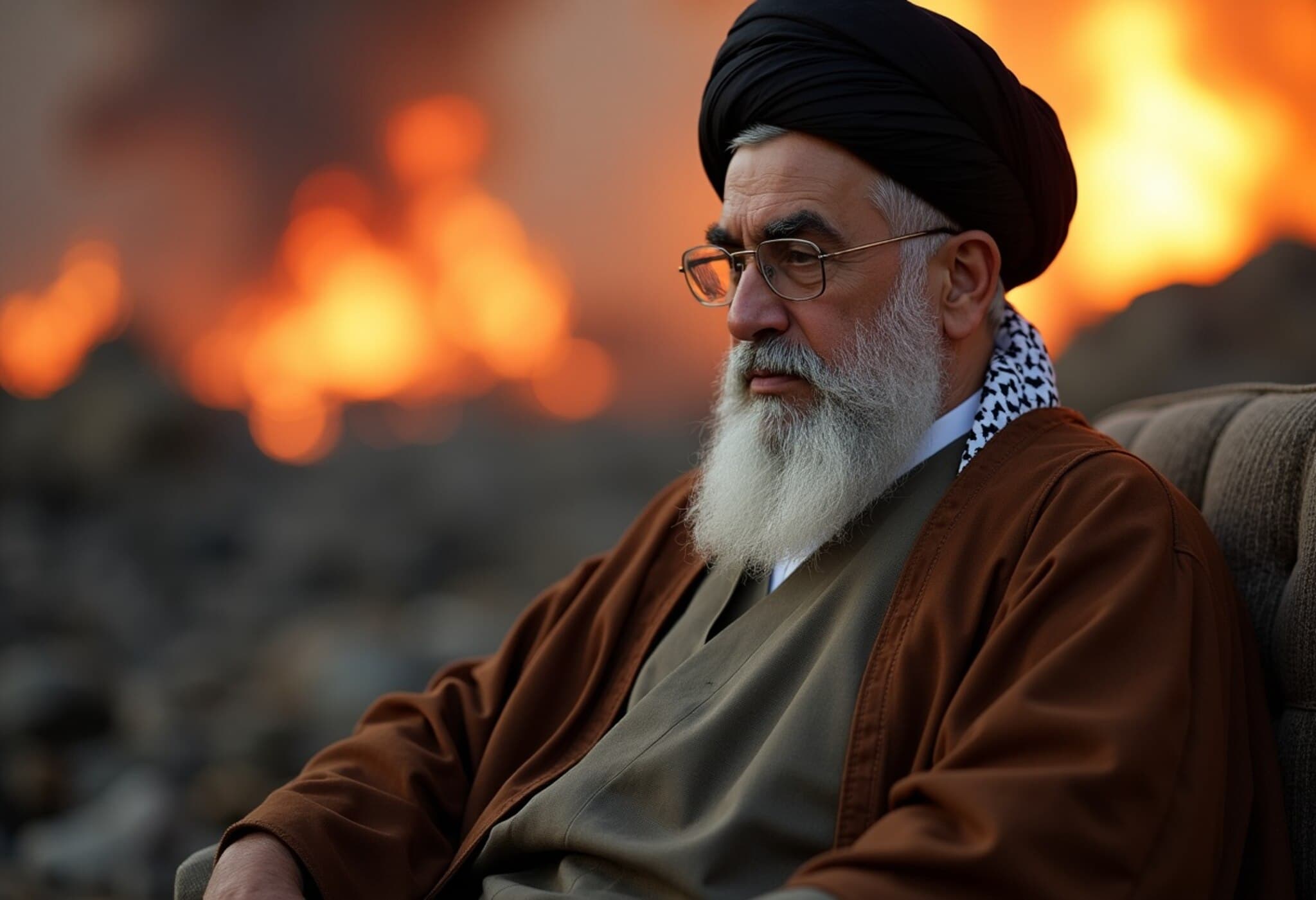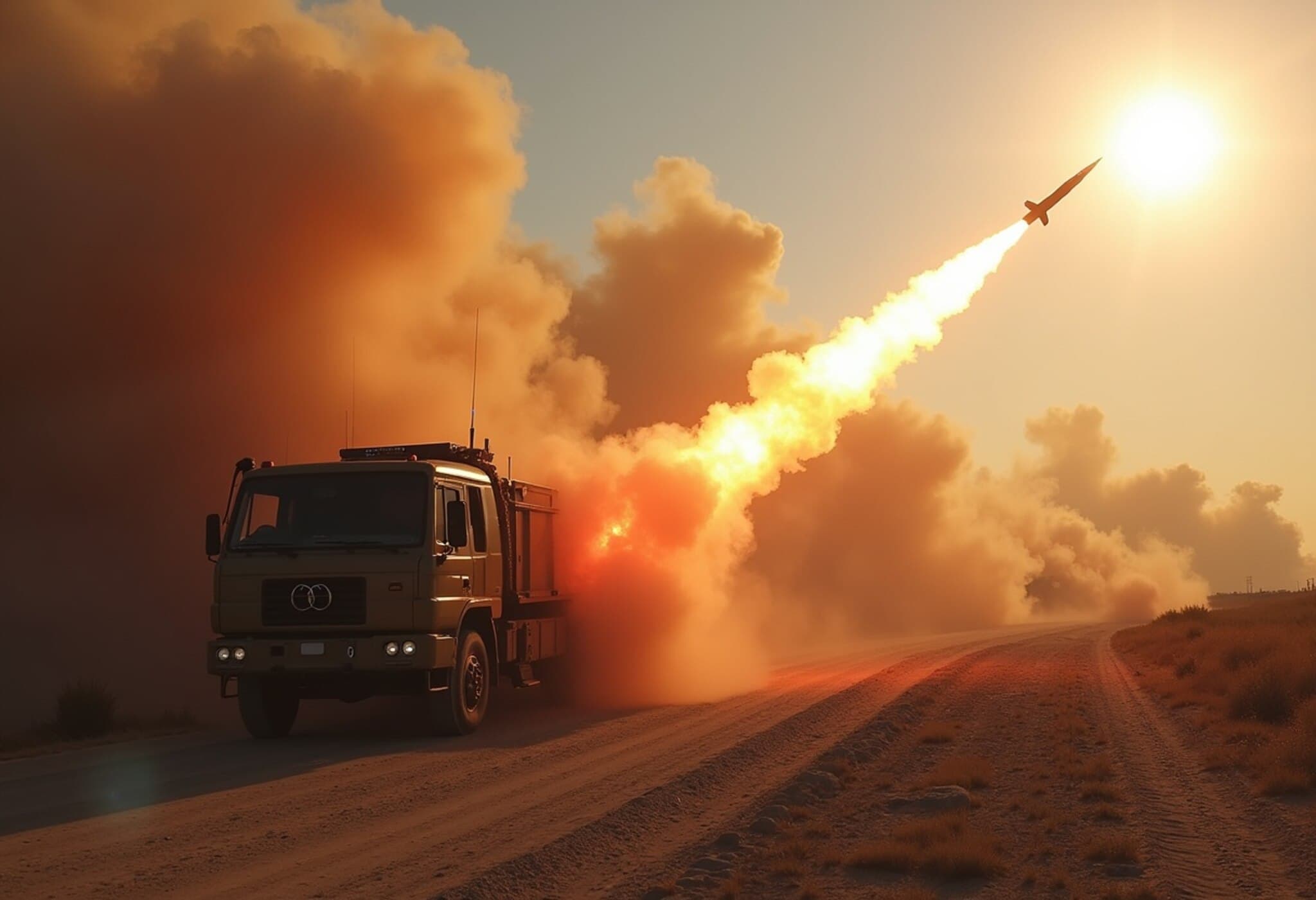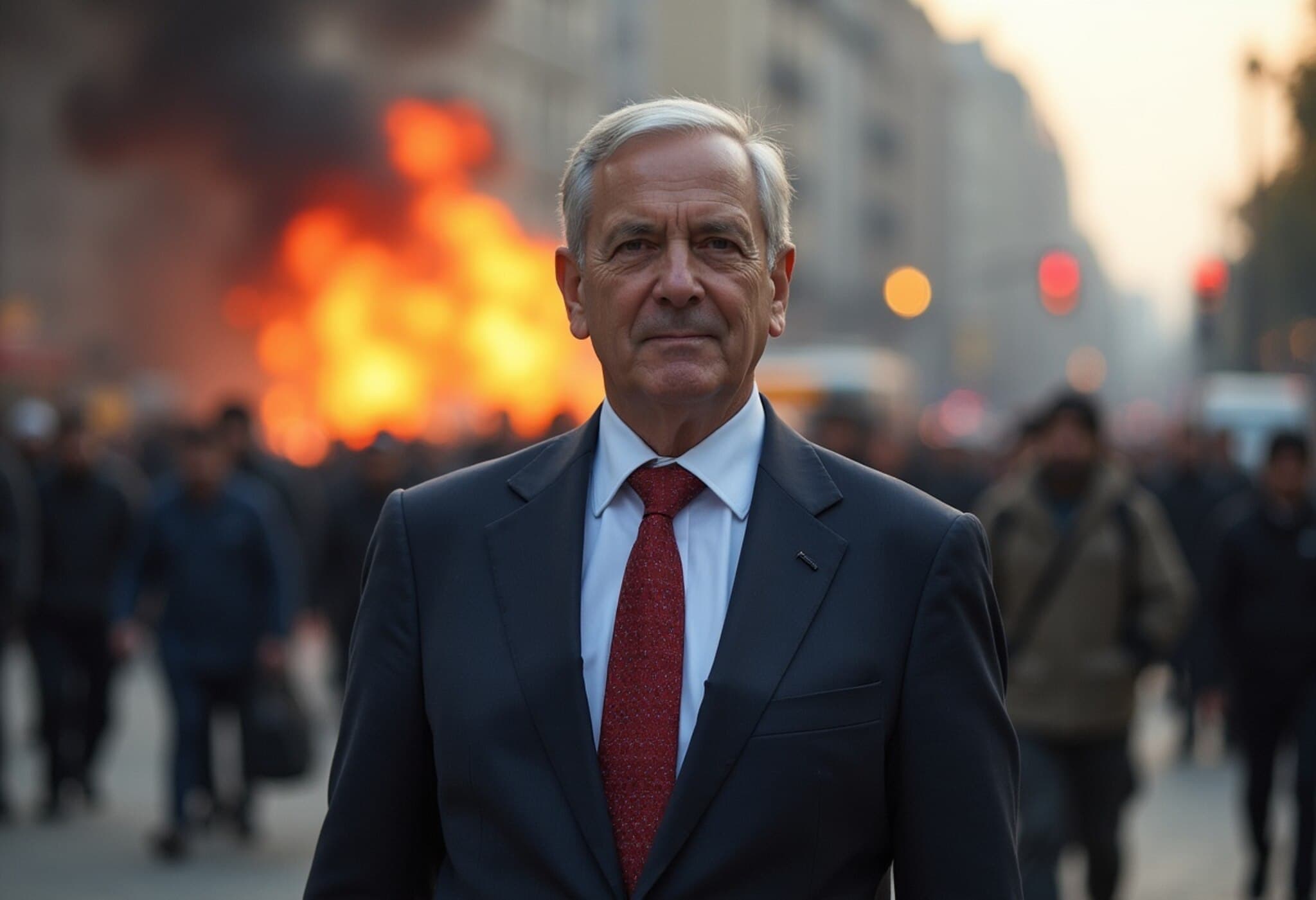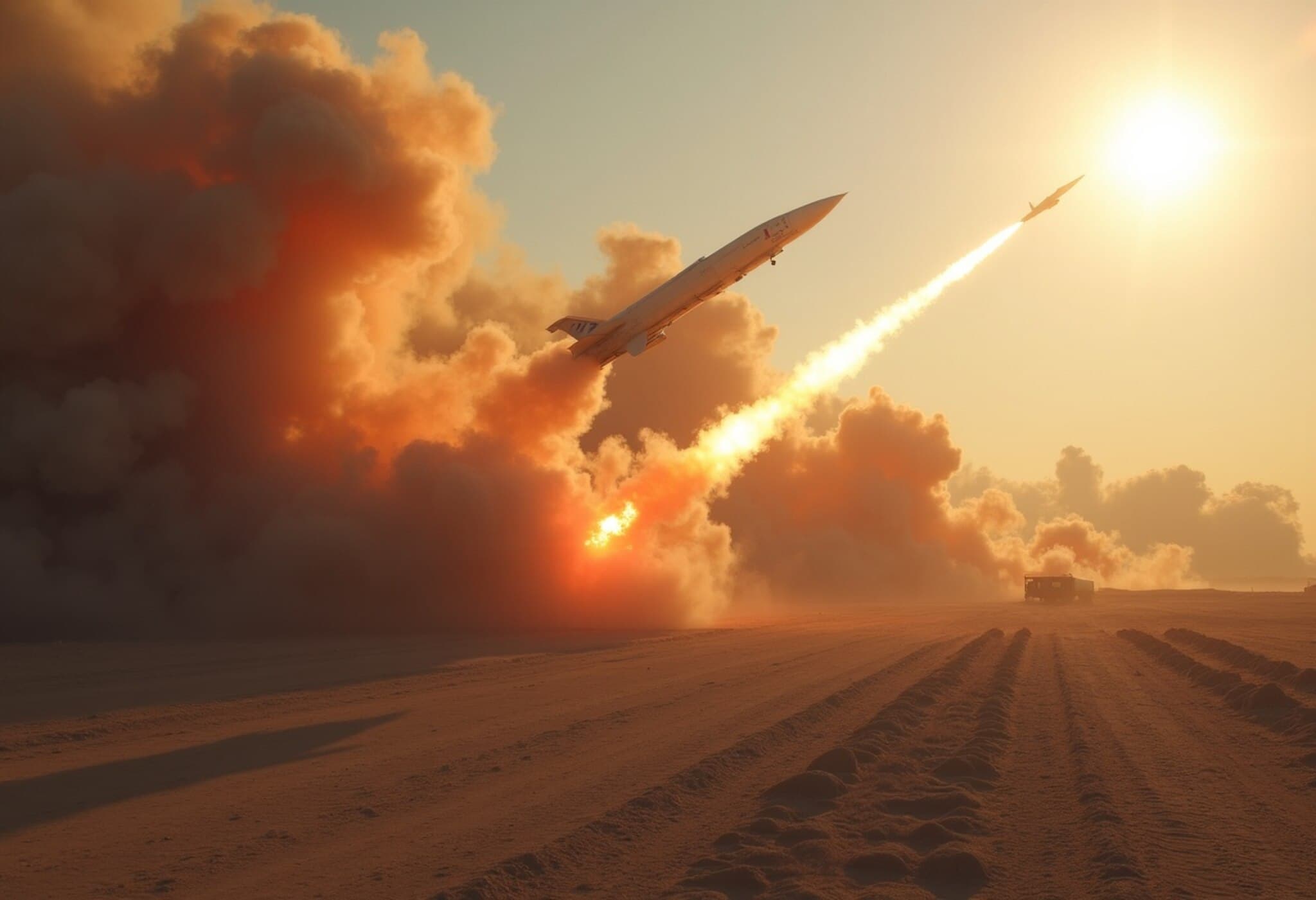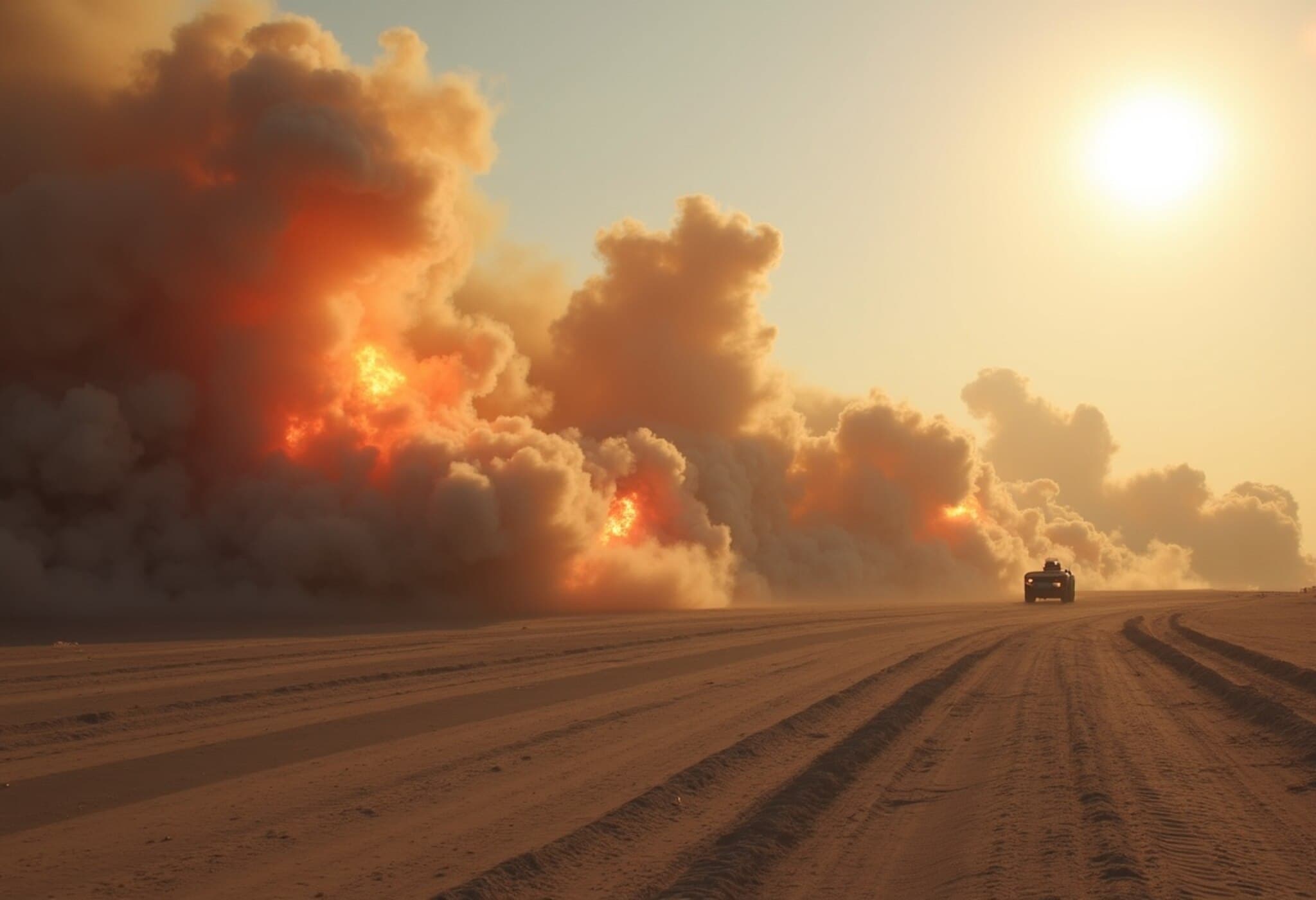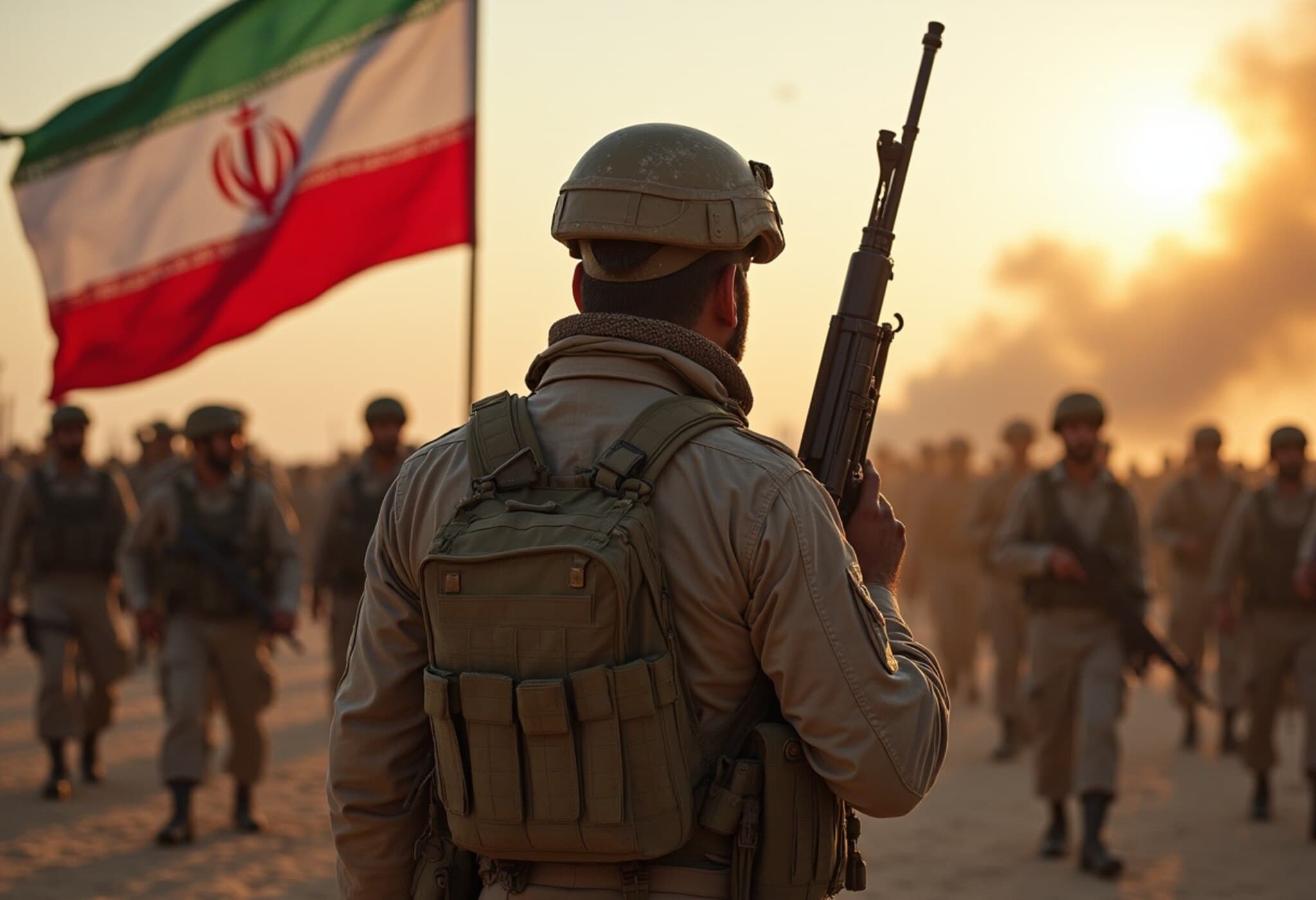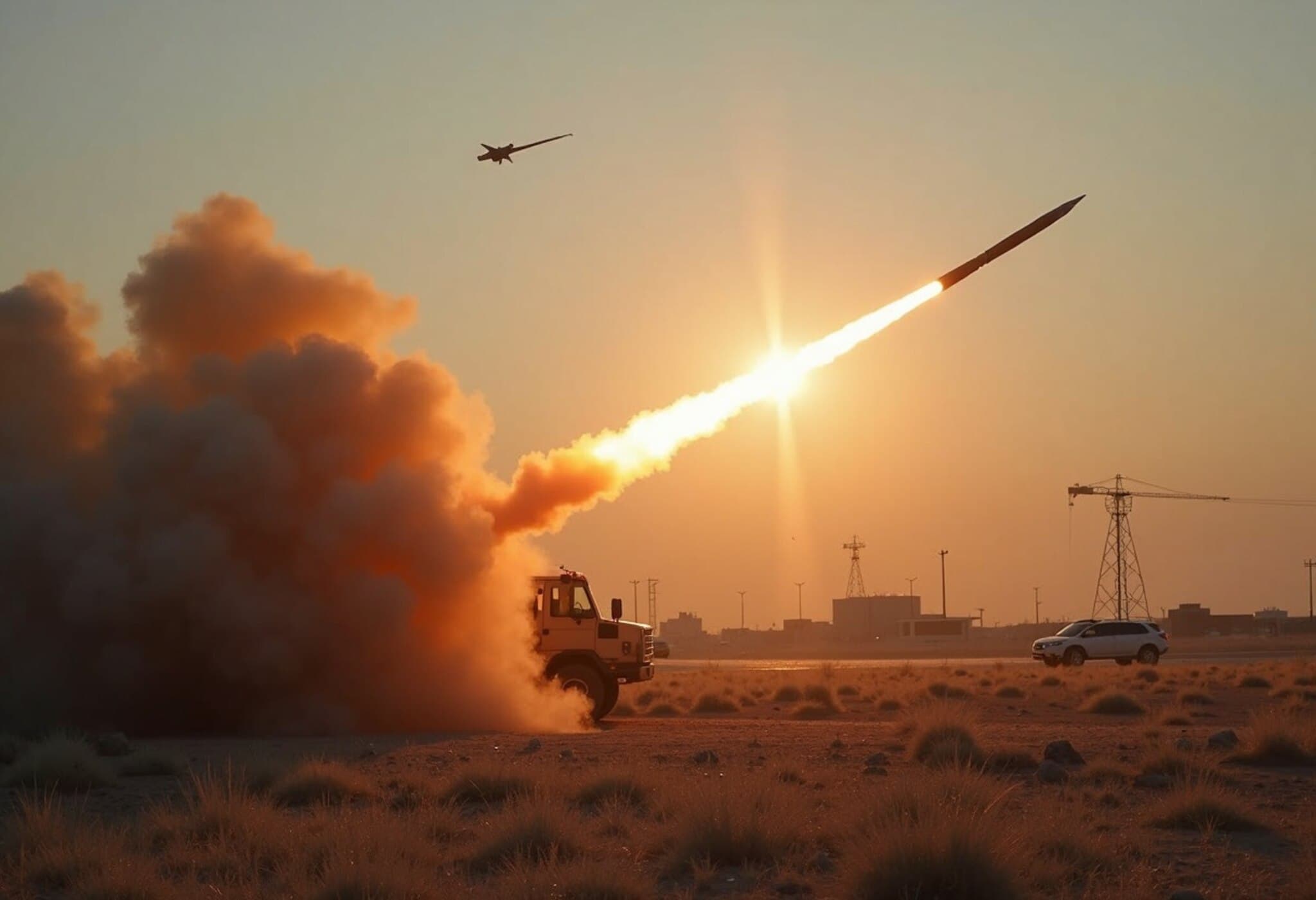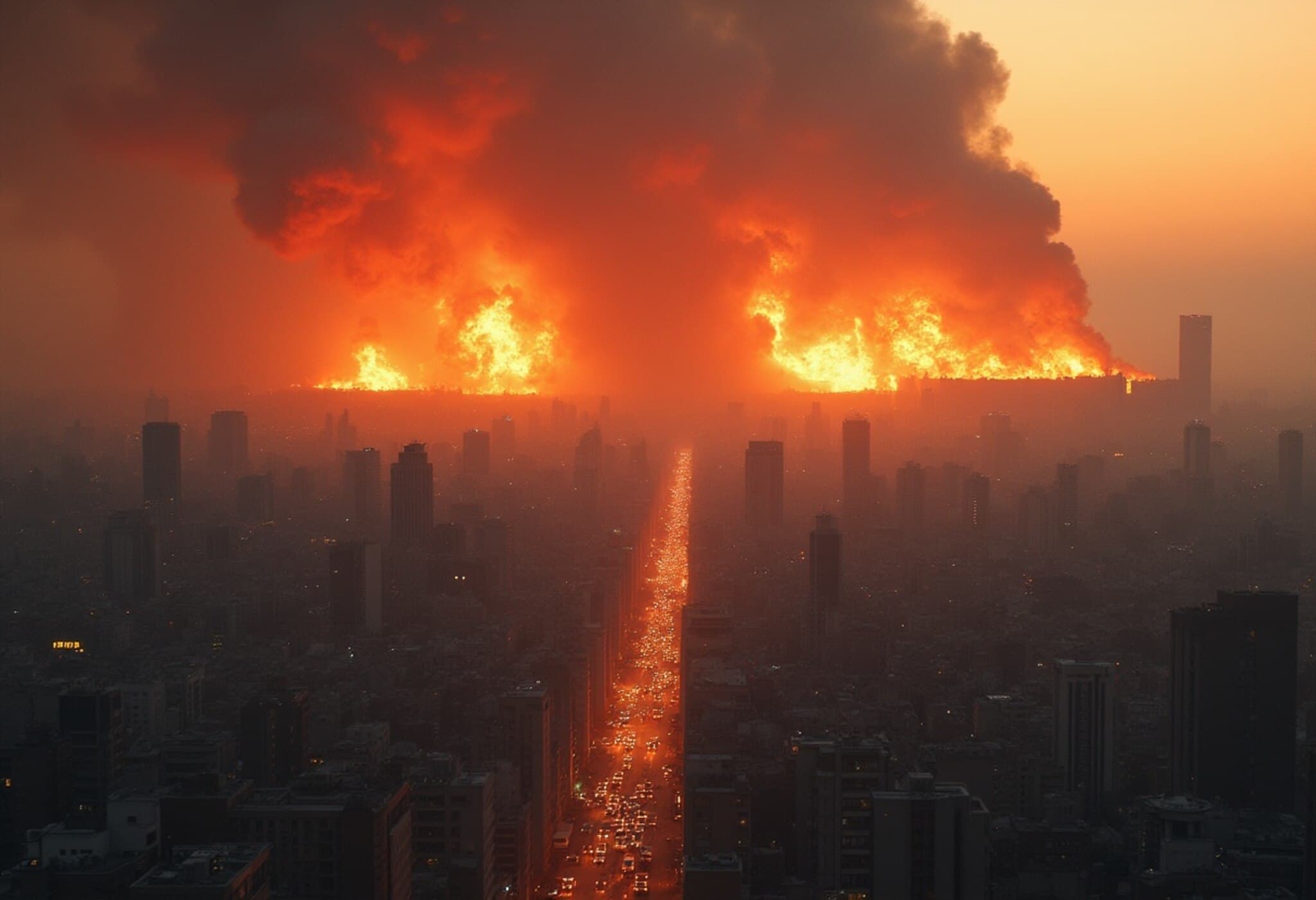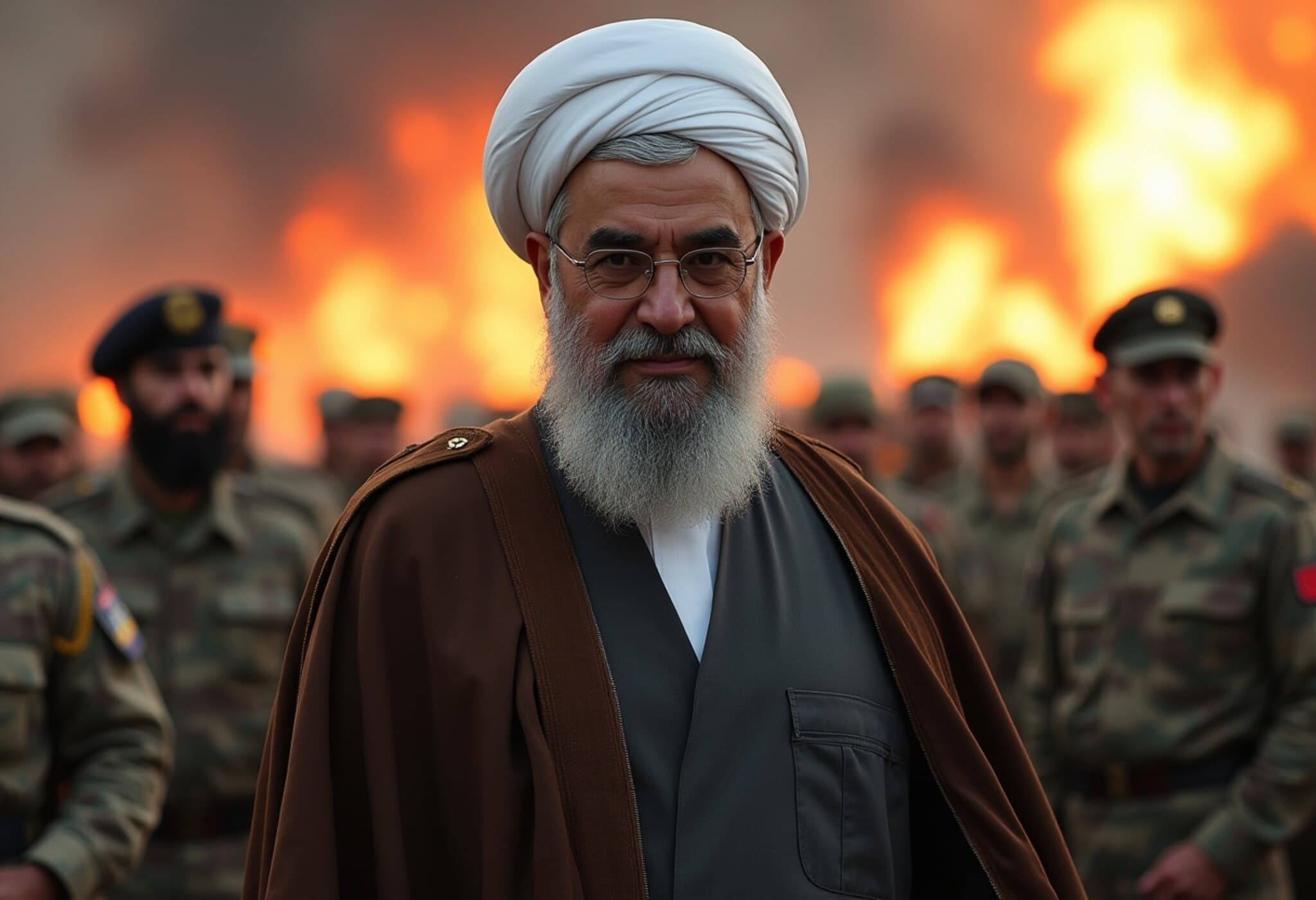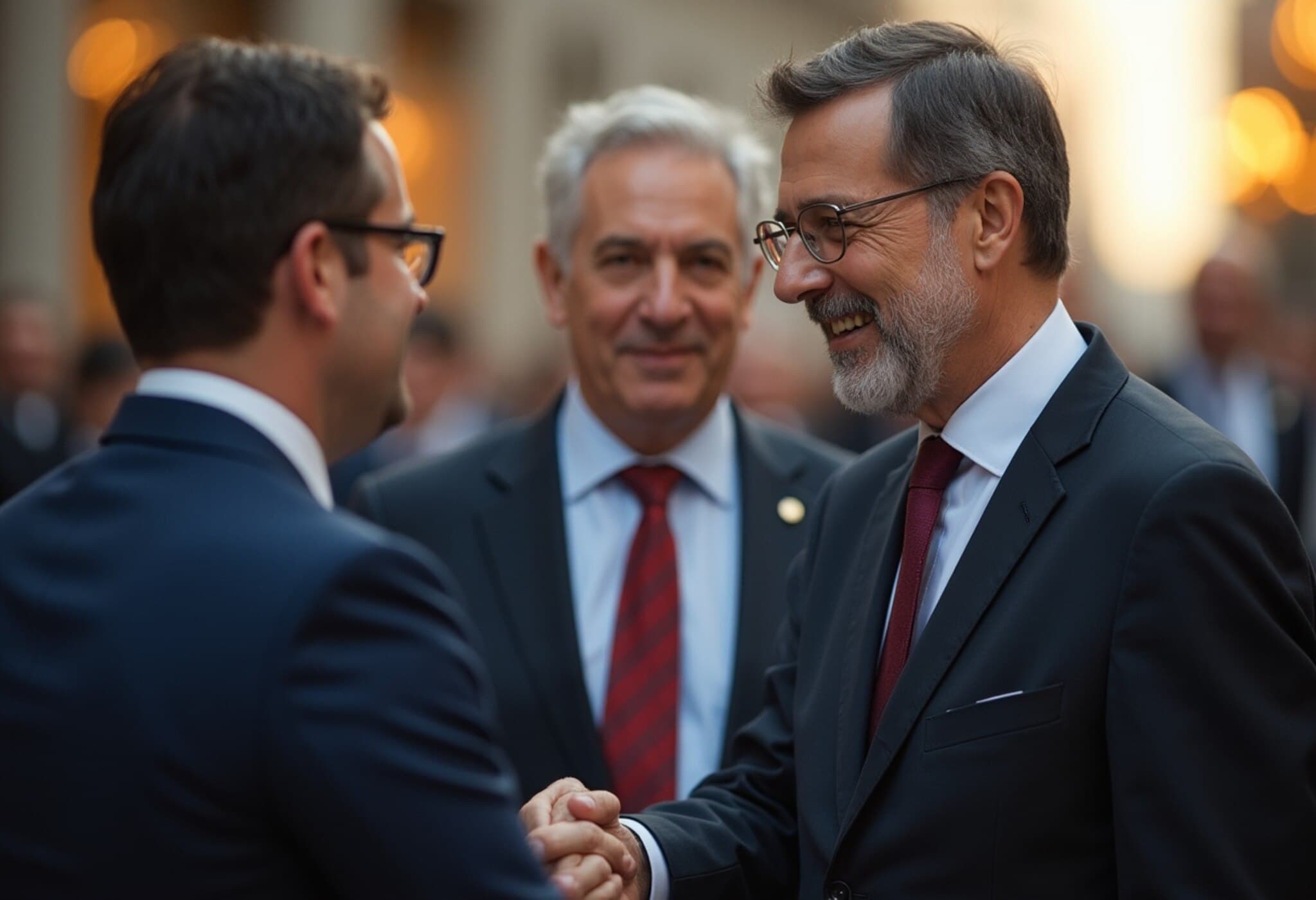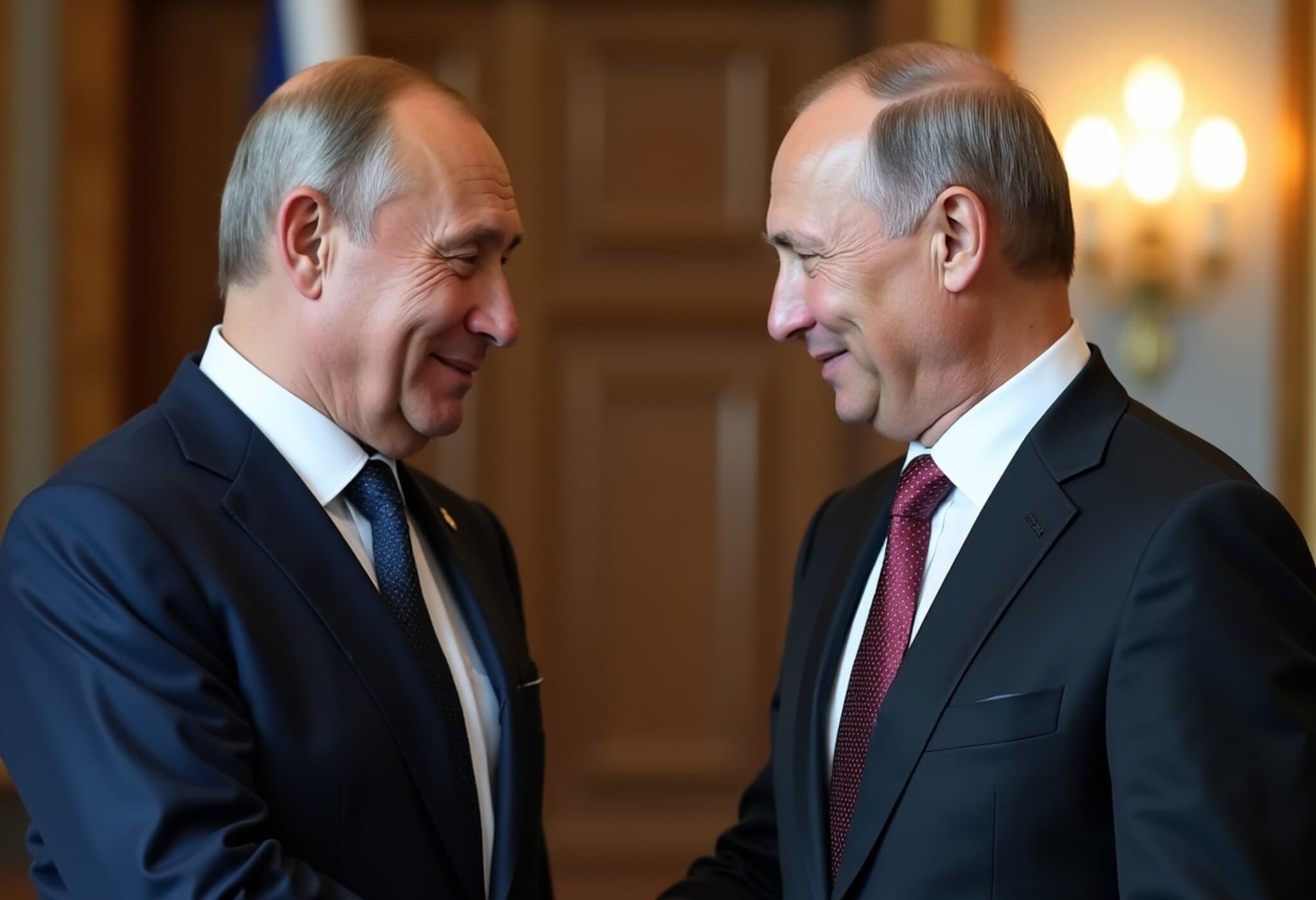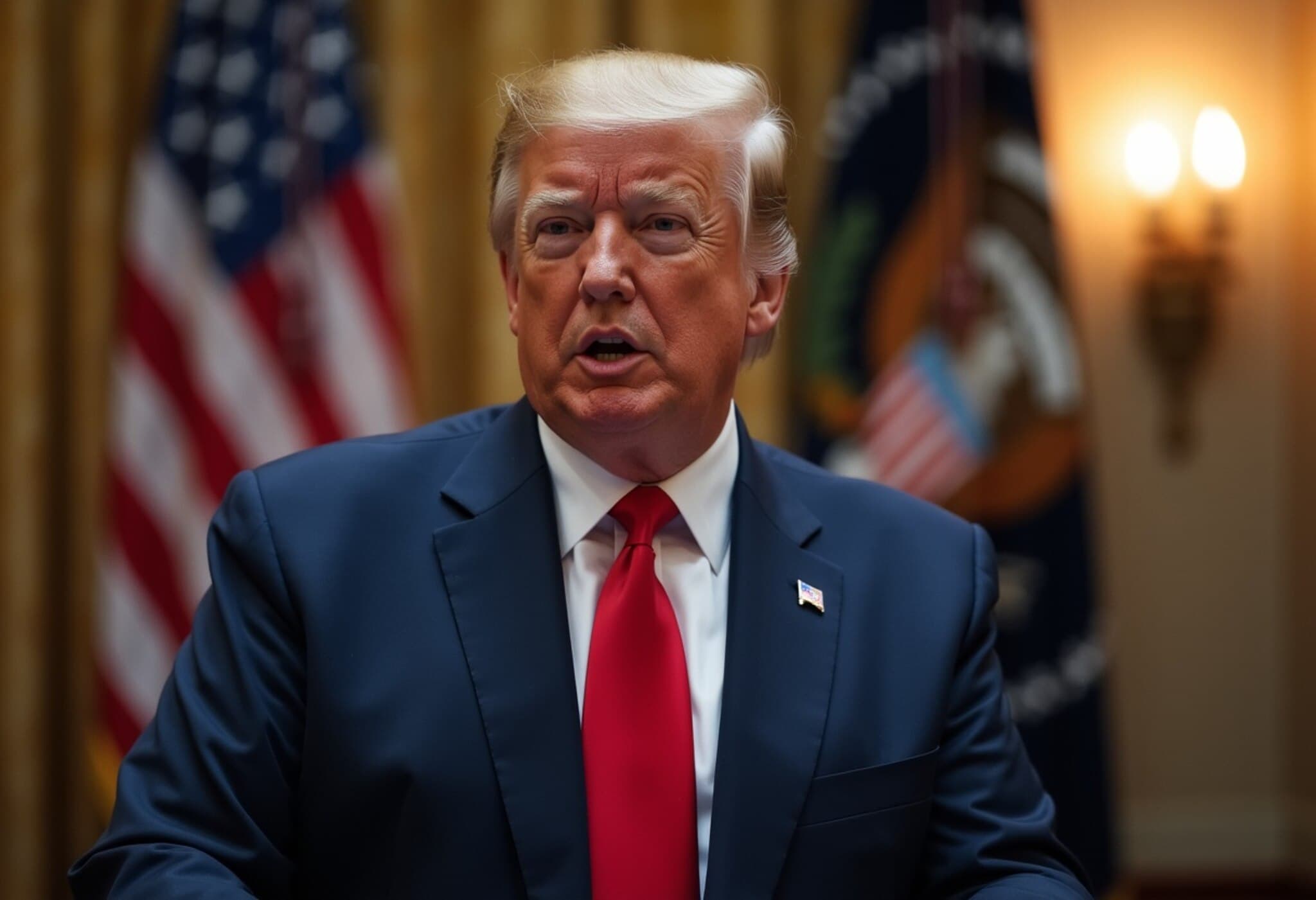Qatar Denounces Iranian Missile Strike
Amid escalating tensions in the Middle East, Qatar strongly condemned Iran’s missile attack on its territory, intercepting the missiles fired towards the Al Udeid Air Base. The Qatari government decried the assault as a violation of its sovereignty, emphasizing the breach without directly naming the United States in its denunciation.
Wary Arab Leaders Sidestep Direct Support for Tehran
As the conflict between Iran, Israel, and the United States deepens, regional Arab leaders have largely adopted a cautious stance. While expressing concern over rising hostilities, most Middle Eastern countries refrained from endorsing the US strikes on Iran’s nuclear sites or vocally siding with Tehran.
For instance, statements from Saudi Arabia and Turkey conveyed apprehension without condemnation, and United Arab Emirates and Qatar notably avoided mentioning Washington in their official remarks. This contrasts sharply with their past outspoken criticism of Israeli military actions.
Hezbollah's Measured Response Reveals Shifting Dynamics
Significantly, Lebanon’s Hezbollah, a long-standing Iranian ally, has kept a low profile amid the latest flare-up. Its recent statement praised Iran’s resilience but underscored Tehran’s capacity to manage the conflict independently. Hezbollah’s rhetoric hinted at frustration and a reluctance to escalate on their behalf, signaling changing allegiances and calculation in the region.
Iran’s Regional Influence Under Pressure
Iran’s dominance in parts of Syria and Lebanon has weakened following recent military setbacks. Israel’s sustained campaigns have eroded Iranian proxy groups, and the political upheaval in Syria, where Ahmad al-Sharaa replaced Bashar al-Assad last year, shows new openness toward reducing hostility with Israel. Such shifts suggest Tehran’s grip is loosening across the Levant.
Arab States Balancing Between Fear and Strategic Distance
While some Arab leaders may privately welcome Iran’s reduced regional capacity, they remain cautious about provoking retaliation. Iran’s history of striking Gulf interests—such as the 2019 drone attack on Saudi oil infrastructure and missile strikes on US bases in Iraq—fuels concern. These nations fear becoming targets themselves, aware that any Iranian aggression could draw their powerful ally, the United States, deeper into conflict.
Regime Change Anxiety Looms Over the Gulf
The prospect of a more assertive US policy aiming to effect regime change in Iran unnerves Gulf states, especially those with significant Shia communities, such as Bahrain and parts of Saudi Arabia. The potential for domestic unrest combined with escalation in regional hostilities adds to the precariousness of the situation.
In Summary
The evolving Middle East conflict spotlights a delicate balance. Qatar’s open condemnation of Iran’s missile strike contrasts with the guarded, non-committal responses of many Arab nations. Meanwhile, shifts in Syria and Lebanon and Hezbollah’s muted involvement hint at Tehran’s diminishing regional sway. Against the backdrop of these strained relations and unresolved tensions, the possibility of wider regional spillover remains a critical concern.

